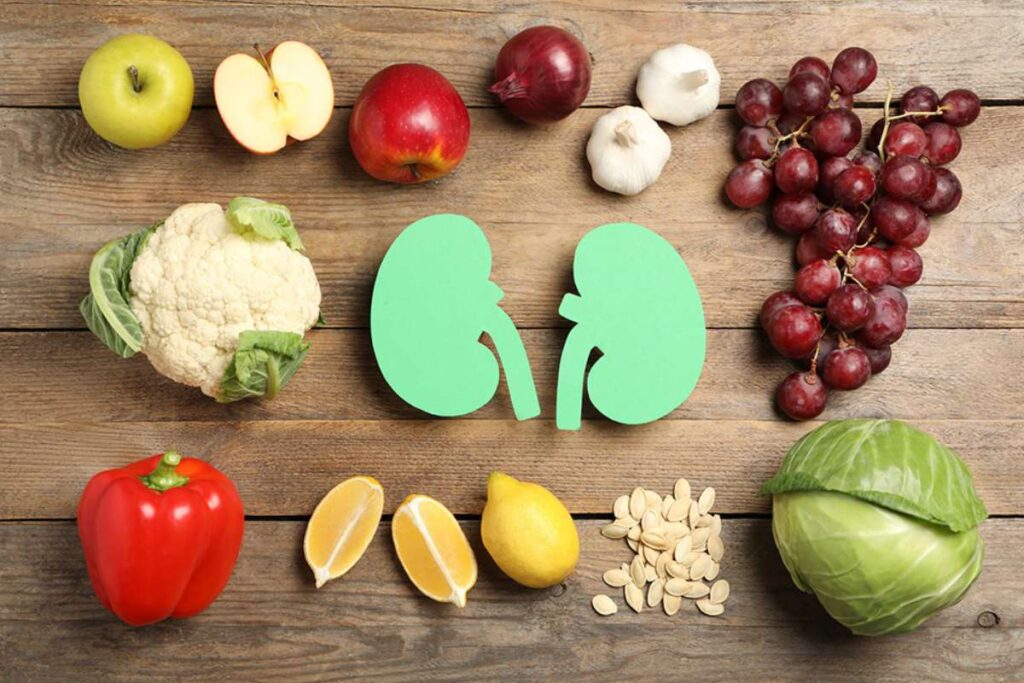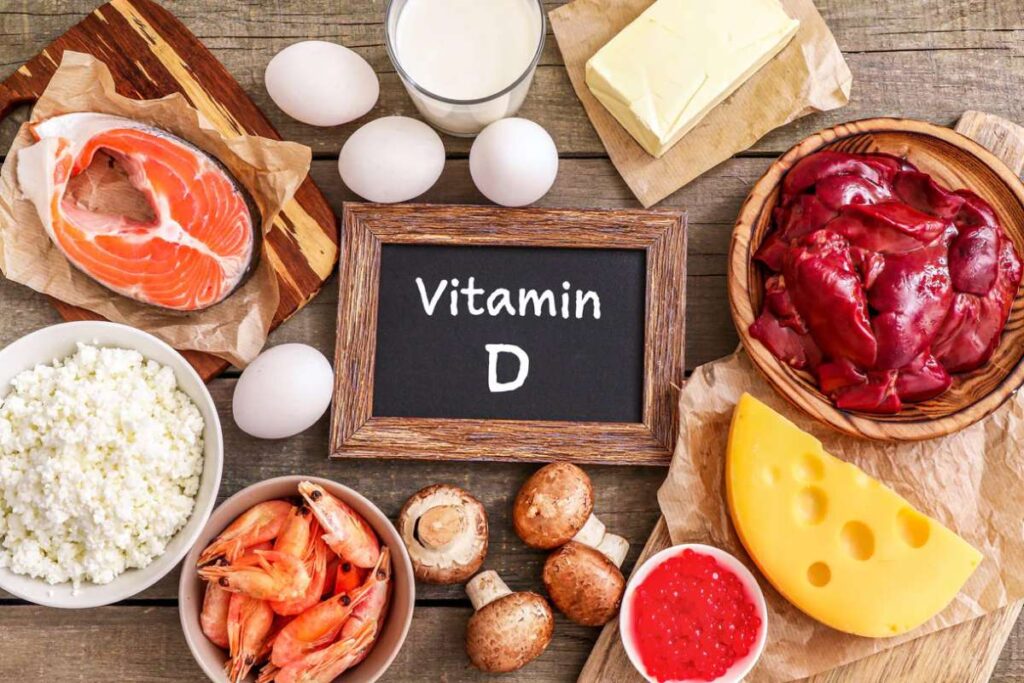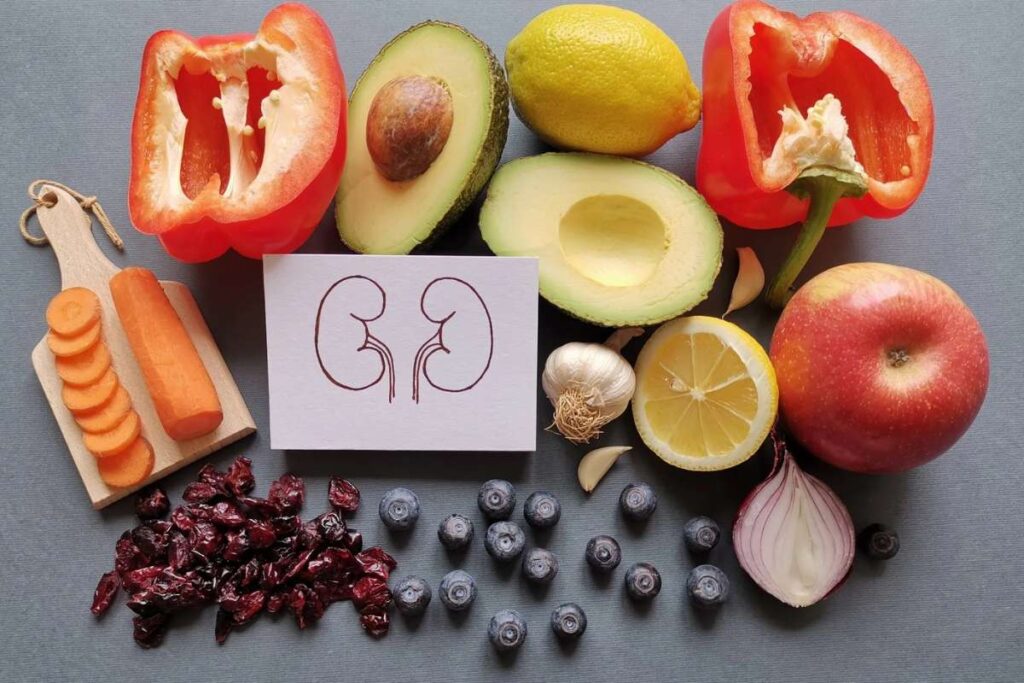Ever stopped to think about your kidneys? These two bean-shaped organs quietly work 24/7, filtering waste, balancing fluids, and checking your blood pressure. You may not notice them when they’re functioning properly, but the moment they don’t, your whole body feels off.
Now, imagine giving your kidneys a little extra love, not just with water or a balanced diet, but with the right nutrients. That’s where vitamins for kidney health come in. Whether you’re already focused on kidney care or just looking to stay ahead of potential health issues, the right vitamins can make a real difference.
Let’s discuss kidney health, which vitamins matter, and how they can keep those hardworking organs in shape.
Why Do We Even Need to Think About Kidney Health?
Your kidneys filter around 50 gallons of blood every single day. They remove toxins, control salt levels, regulate hormones, and even help produce red blood cells. But the modern lifestyle, filled with processed foods, high sodium, lack of water, and stress, puts a lot of pressure on them.
The good news? With some nutritional support, including the right vitamins for kidney health, you can help your kidneys function more smoothly and even protect them from long-term damage.
How to Support Your Kidneys Naturally?

Before we get into the specific vitamins, here are a few basics to support your kidneys daily:
- Drink plenty of water (but not too much!)
- Reduce sodium and processed foods
- Exercise regularly
- Avoid overuse of pain medications
- Eat kidney-friendly foods (like berries, leafy greens, apples)
Now, let’s take a look at how vitamins for kidney health can give you an extra layer of protection and care.
➣ Top 6 Vitamins for Kidney Health:

Here’s a breakdown of the essential vitamins supporting kidney function. These aren’t magic pills, but they can give your kidneys the nutritional backup they need to do their job well.
1. Vitamin B6 (Pyridoxine)
Vitamin B6 is key in breaking down proteins and supporting overall metabolic health. For the kidneys, it helps reduce the risk of kidney stones by lowering oxalate levels in the body. If you’re prone to stones or have a family history, adding more B6 to your routine might be smart. You’ll find it in chickpeas, bananas, and salmon—or as a supplement.
2. Vitamin C (Ascorbic Acid)
This powerful antioxidant can help reduce inflammation and fight oxidative stress, which is great for your kidneys. However, moderation is key—too much vitamin C may lead to kidney stones. The trick? Stick to lower doses, and get it from natural sources like citrus fruits, bell peppers, or a balanced supplement.
3. Vitamin D
This is one of the most important vitamins for kidney health, especially because the kidneys help convert vitamin D into its active form. If your kidneys aren’t functioning properly, you may be low on D. Low vitamin D can lead to bone problems and weak immunity. Safe sun exposure, fortified foods, and vitamin D3 supplements can help maintain healthy levels.
4. Vitamin B12
Vitamin B12 is essential for red blood cell production and nerve function. Many people with kidney issues—especially those on dialysis—often have low B12 levels. It’s a safe and important vitamin that supports both kidney and overall health. Eggs, meat, dairy, and fortified cereals are excellent sources. If you follow a vegetarian or vegan diet, a supplement may be necessary.
5. Folate (Vitamin B9)
Folate supports cell division and red blood cell production. It can also help lower homocysteine levels—a compound that, in high amounts, may harm the kidneys and heart. It’s a gentle but effective player among vitamins for kidney health, especially when used alongside B6 and B12. Leafy greens, legumes, and oranges are natural sources, but supplements are also commonly used.
6. Vitamin E
Another antioxidant, vitamin E, helps protect kidney cells from oxidative stress. It’s especially helpful for people with diabetes, who are at higher risk for kidney issues. Nuts, seeds, and spinach are good sources, and a supplement can give you a boost—just make sure not to go overboard, as high doses can thin the blood.
➣ Are There Any Risks or Side Effects?
If you’re already dealing with kidney issues or are on dialysis, your vitamin needs may be very specific, and some supplements may be restricted. While vitamins for kidney health are generally safe when taken appropriately, there are some things to keep in mind:
- Too much vitamin C or calcium can increase the risk of kidney stones.
- Fat-soluble vitamins (like D and E) can build up in your body if taken in large amounts, which may be harmful.
- People with kidney disease should be cautious and always consult a doctor before starting any new supplement.
➣ Vitamins for Kidney Health by Age

Your vitamin needs change as you grow older. Here’s a quick look at how sleeping on the floor—just kidding—how vitamins for kidney health work for different age groups:
✦ Young adults (20s–30s):
Focus on prevention. A balanced diet with some supplementation (like B-complex and D) is often enough.
✦ Middle age (40s–50s):
Metabolism slows, and lifestyle stress increases. Vitamin D, B12, and antioxidants become more important.
✦ Seniors (60+):
Kidneys naturally slow down. Nutrient absorption decreases, so supplementation becomes essential. Blood work can guide exact needs.
Conclusion
Your kidneys might be small, but their job is anything but minor. Keeping them in top shape requires more than just drinking water—it’s about supporting them with the right fuel. That’s where vitamins for kidney health can make a real impact.
From B-complex vitamins to antioxidants like C and E, each one keeps your kidneys strong, resilient, and functioning properly. Whether you’re already managing a condition or just want to take preventive steps, these vitamins can help you feel more energized, balanced, and healthy.
Before adding any supplements to your routine, talk to your healthcare provider. But remember, small steps today can lead to healthier kidneys tomorrow. So go ahead—give your kidneys the love they deserve.



















